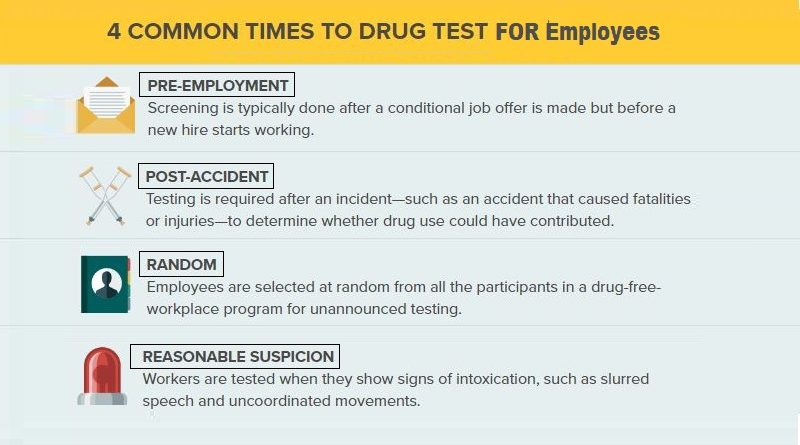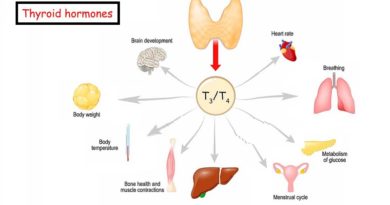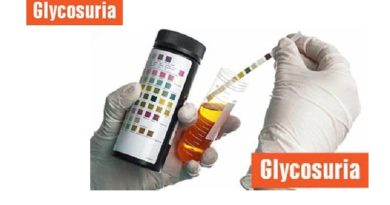Employment Drug Testing
Companies are required to keep their workspace safe and drug free, that is the reason employees are requested to undergo for Employment Drug Testing. This way employers can maintain a safe work environment and be sure their employees are productive.
You apply for a new job, as part of the application process, you may be required to be screened for drug and alcohol use. Drug testing program depends on 2 factors: the state law and the company policy.
What is Employment Drug Testing?
A urine drug test is a common way to find out if someone has recently used illegal drugs. You may need to take a urine test for an employer, sports team, or other reasons. There are two types of Employment Drug Testing, that can detect a wide variety of drugs, (Immunoassay and Gas Chromatography/Mass Spectrometry). Urine drug tests are very accurate when done within short period after intake, (few days).
When Do employers ask for Employment Drug Testing?
Employees are asked to undergo for Employment Drug Testing in different situations. Employers request drug testing at one or more of the following times:
- Pre-employment: Before employees start their job
- Randomly, any time depending on need.
- Post-accident: after accidents to find out if dugs have a role.
- Suspicion: When employees behaviors provoke suspicion of drug use.
Sample required for Employment Drug Testing?
Urine sample is the most commonly used to do Employment Drug Testing. How to collect a urine sample? Sample can be collected any time of the day. No Fasting or preparation is required. Urine is collected using a clean container that is provided by the laboratory. Sample usually is collected while a lab staff is attending to be sure that sample is from you, as required by regulations. Test results is released at the same day.
How long drugs may be detected in urine?
- Amphetamines: can stay in urine for 2-4 days
- Barbiturates: 1-4 days
- Benzodiazepines: Up to 30 days
- Cocaine: 1-3 days
- Heroin (Opiates): 1-3 days
- Marijuana: casual use, up to a week; chronic use, several weeks
- Methamphetamine: 2-4 days
- Methadone: 2-4 days
- Phencyclidine (PCP): Up to 30 days
SUMMARY:
Employers may test job applicants and employees for drug and alcohol use, which is controlled by state law and company policy. Employers should prohibit the use of drugs and alcohol in the workspace. Employees who are engaging in illegal drug use may be fired. Employment drug testing can be at any time: Pre-employment, Randomly, Post-accident, or Suspicion of drug use.
Read More:
- http://www.faqs.org/health-encyc/The-Begining-of-a-Family/Infertility-Sperm-count-and-formation.html
- https://www.thehealthsite.com/sexual-health/faqs-on-sperm-count-and-male-infertility-answered-by-an-expert-d1117-534848/
- Boosting Male Fertility: How to Increase Sperm Count
- Importance of Semen Analysis: An Overview
- 5 Foods That Increase Your Semen Volume and Your Health!
- 💬 Chat with Us:
- You can easily reach Helal Medical via WhatsApp (+63 966 974 1609), Facebook Messenger,
- or by clicking the chat icon at the lower right corner of our website HelalMedical.com.




